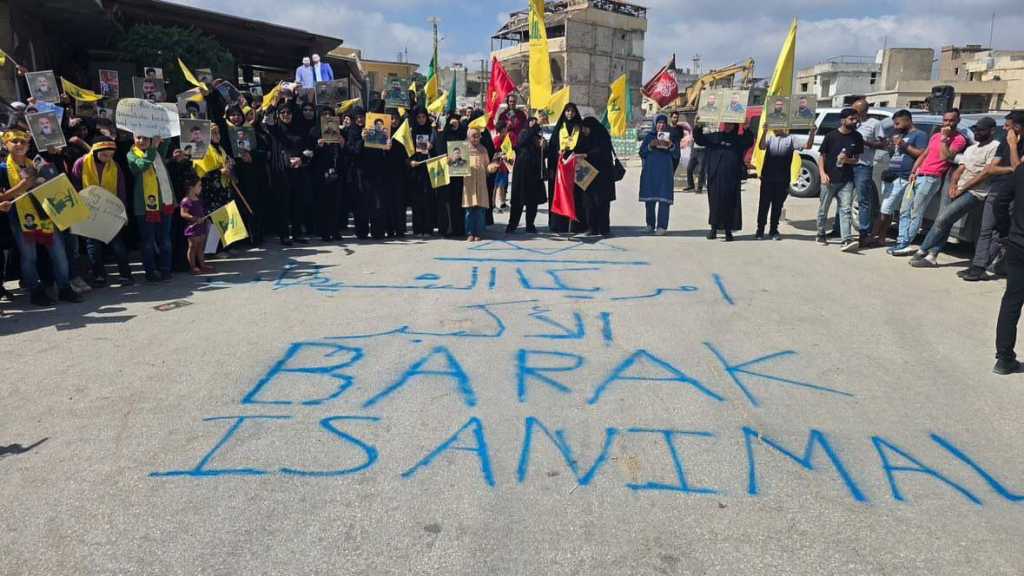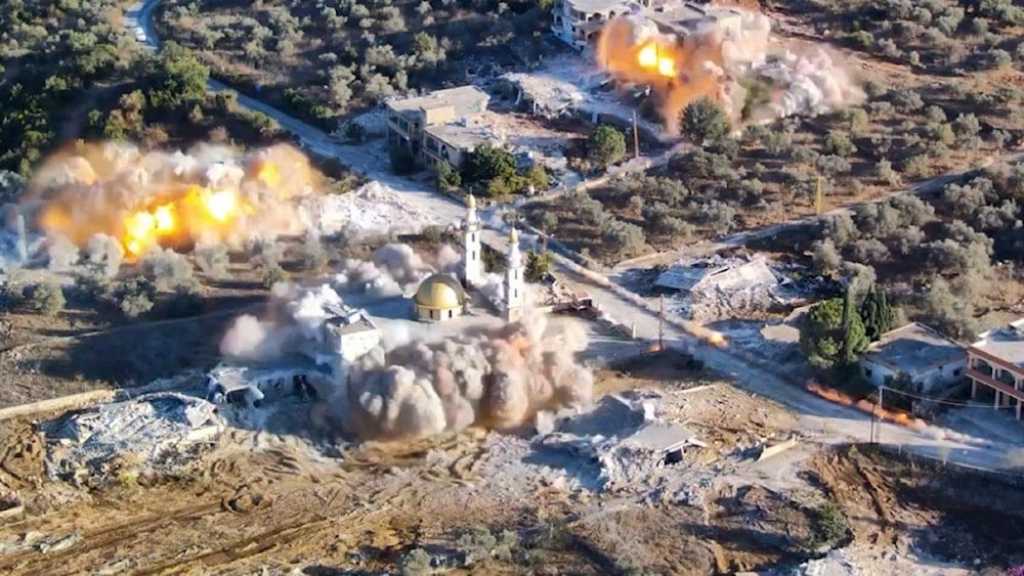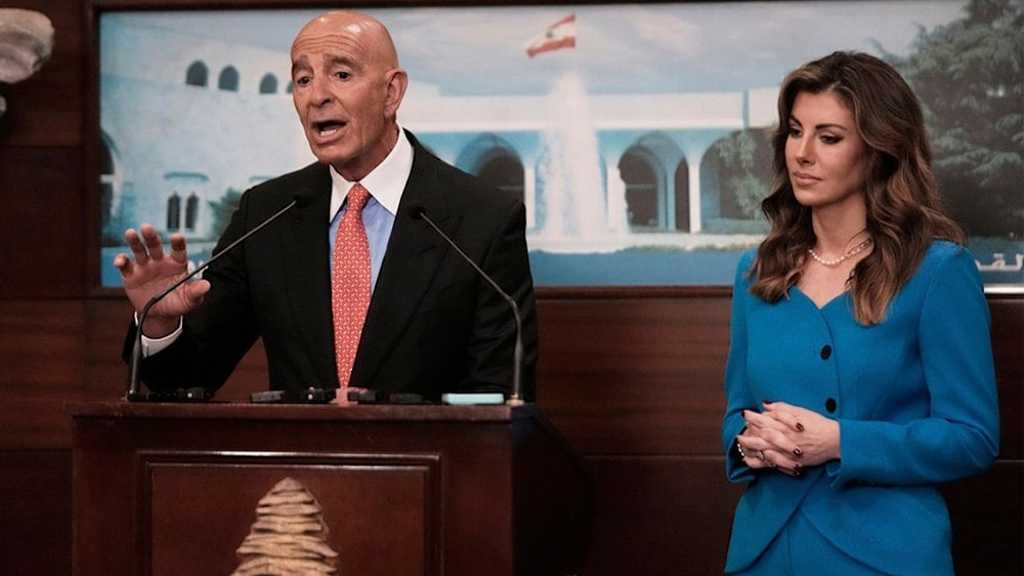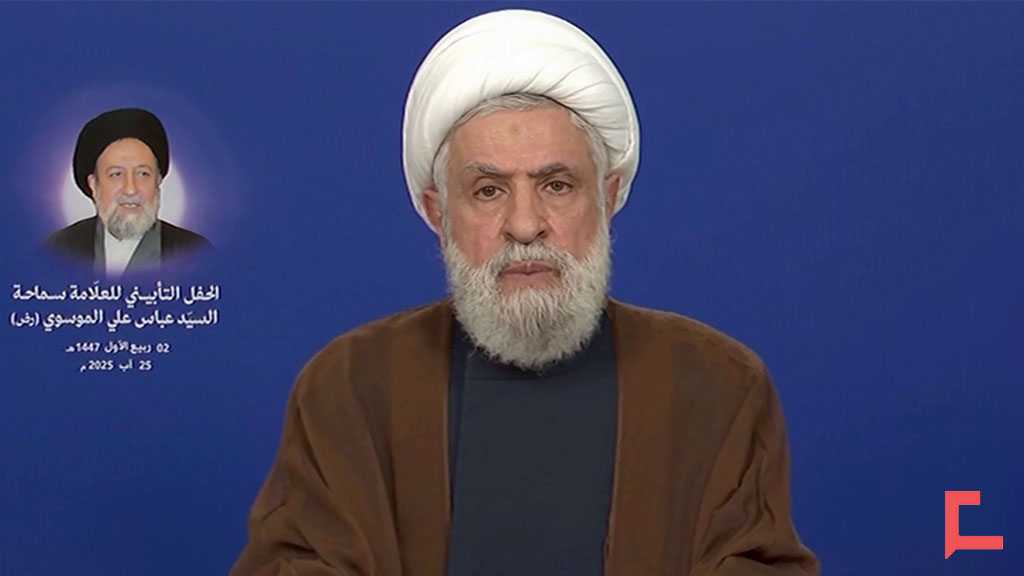33 Years on Civil War ... Have the Lessons Been Learned?

Source: Al Manar TV, 12-04-2008
April 13, 1975, was not an ordinary day in the history of Lebanon. It marked the outbreak of a civil war that devastated the country for 15 years and from which the Lebanese have not fully recovered. Thirty-three years have passed, but, given the current political divisions, it seems that some Lebanese haven't really learnt the lessons and would, for many reasons, take the risk once again.
This report, commemorating the war, seeks to recall the many negative aspects of the war, stressing at the same time the necessity of national unity as the only path to save Lebanon from evil hands.
On April 13, 1975, Christian militiamen machine-gunned a bus carrying Palestinians through Ain al-Remmaneh (east of Beirut) killing 27 passengers, hours after assailants opened fire outside a nearby church killing a Christian Lebanese. As if everything was prepared, within hours rival clans spread throughout the city. Homes became garrisons and streets became battlefields and green lines controlled by militias.
In June, 1976, then President Suleiman Franjiyeh called for Syrian intervention on the grounds that the port of Beirut was risking closure. Syrian troops, then called the deterrent force, succeeded in imposing order, giving Lebanon a brief respite from war. The nation was effectively divided, with southern Lebanon and the western half of Beirut becoming bases for the Palestine Liberation Organization and Muslim-based groups, while the Christians controlled west Beirut and parts of Mount Lebanon. The main confrontation line in divided Beirut was known as the Green line.
In March 1978, the war entered a new phase; 'Israel' invaded South Lebanon. Syria found itself face to face with 'Israeli' invaders. The conflict intensified in April 1981, when 'Israel' shot down two Syrian helicopters. Many observers feared a full-scale Syrian-'Israeli' war might erupt, prompting the United States to negotiate a cease-fire involving 'Israel', Syria, and the PLO. 'Israel' withdrew in June but left a pro-'Israel' Christian militia in control of the area under the leadership of Lebanese Army Major Saad Haddad. The cease fire took effect but 'Israeli'-Palestinian tension never stopped. In June 1982 'Israel' bombed PLO targets in Lebanon and inflicted heavy damages on the organization. 'Israel' decided to invade Lebanon again "to crush the PLO once and for all." Eventually the PLO pulled out of Lebanon and the Palestinians lost their power factor.
With 'Israel's' support, Bashir Gemayel, a Christian, was elected president in August, but was assassinated three weeks later.
'Israeli' chief of staff Rafael Eitan and 'Israeli' war minister Ariel Sharon bypassed the 'Israeli' cabinet and sent 'Israeli' troops into West Beirut. These troops helped transport approximately 200 Phalange personnel to the Sabra and Chatila camps where they brutally massacred an estimated 3,000 unarmed Palestinian refugees. The massacres made headlines all over the world, and voices were raised for the international community to assume responsibility for stabilizing Lebanon. As a result, a multinational force arrived in this small country. With U.S. backing, Amine Gemayel succeeded his brother as President.
On May 17, 1983, Gemayel, 'Israel', and US signed an agreement text on 'Israeli' withdrawal that was conditioned on the departure of Syrian troops. The agreement stated that "the state of war between 'Israel' and Lebanon has been terminated and no longer exists." Thus, the agreement in effect amounted to a unilateral peace agreement with 'Israel', and was additionally seen by many Lebanese Muslims as an attempt for 'Israel' to gain a permanent hold on the Lebanese South. Lebanon's left wing parties thwarted the agreement.
Between 1985 and 1989, sectarian conflict worsened as various efforts at national reconciliation failed. Then Prime Minister Rashid Karami who was the head of a national unity government, was assassinated on June 1, 1987, by Lebanese forces chief Samir Geagea. President Gemayel's term of office expired in September 1988. Before stepping down, he appointed another Maronite Christian, Lebanese Armed Forces Commanding General Michel Aoun as acting Prime Minister, contravening the National Pact. Fearing he might loose his control of eastern Beirut, especially after getting rid of all his allies, namely the Nationalist Liberal Party and the forces of Elie Hobeika, Geagea got engaged with a war with the Lebanese Army under Aoun's command. It was dubbed the "war of elimination."
On March 14, 1989, Aoun launched what he termed as "war of liberation" against Syrian forces. It was the last battle in the civil war era. At that time, the name "Taef Agreement (Acoord)" was becoming more familiar to the Lebanese.
The Agreement of 1989 marked the beginning of the end of the fighting. In January of that year, a committee appointed by the Arab League, chaired by Kuwait and included Saudi Arabia, Algeria, and Morocco, began to formulate solutions to the conflict. This led to a meeting of Lebanese parliamentarians in Taif, Saudi Arabia, where they agreed to the national reconciliation accord in October. The Agreement recognized that Christians no longer formed a majority of the population and stipulated that Christians and Muslims would have an equal number of seats in parliament, which were increased from 99 to 108 (and later to 128). The agreement left the presidency as a Christian position. Because Muslims were critical of a Christian presidency, the Lebanese government that formed after the Agreement amended the constitution to lessen presidential authority. As a result, the president was required to consult the House Speaker (a Shia Muslim) as well as members of the National Assembly before naming a prime minister (a Sunni Muslim), and the president's power to dismiss ministers was transferred to the cabinet. Aoun rejected these amendments and launched another rebellion in 1990. Syria, however, quickly suppressed his move, thus ending the civil war in October 1990, and set about rebuilding the Lebanese army and imposing political reform.
In conclusion, an estimated 130,000 to 200,000 Lebanese died in the war, hundreds of thousands others were injured and tens of thousands fled the country. The financial costs were staggering, draining Lebanon of an estimated $25 billion to $30 billion in lost property and revenues. Hence, while the older generation is disillusioned with war, there is fear that the younger generation is more than willing to take up arms, unaware of the repercussions and the ultimate end when feuding parties sit at a round table, after years of war, and agree to stop fighting and become "friends" again. Those killed will never return, those injured will never be healed, yet some things never change in Lebanon: warlords disagree, their supporters kill each other...war lords agree the same supporters rejoice as if nothing had happened. Will this, and the coming generations, ever learn the lesson of civil war?
April 13, 1975, was not an ordinary day in the history of Lebanon. It marked the outbreak of a civil war that devastated the country for 15 years and from which the Lebanese have not fully recovered. Thirty-three years have passed, but, given the current political divisions, it seems that some Lebanese haven't really learnt the lessons and would, for many reasons, take the risk once again.
This report, commemorating the war, seeks to recall the many negative aspects of the war, stressing at the same time the necessity of national unity as the only path to save Lebanon from evil hands.
On April 13, 1975, Christian militiamen machine-gunned a bus carrying Palestinians through Ain al-Remmaneh (east of Beirut) killing 27 passengers, hours after assailants opened fire outside a nearby church killing a Christian Lebanese. As if everything was prepared, within hours rival clans spread throughout the city. Homes became garrisons and streets became battlefields and green lines controlled by militias.
In June, 1976, then President Suleiman Franjiyeh called for Syrian intervention on the grounds that the port of Beirut was risking closure. Syrian troops, then called the deterrent force, succeeded in imposing order, giving Lebanon a brief respite from war. The nation was effectively divided, with southern Lebanon and the western half of Beirut becoming bases for the Palestine Liberation Organization and Muslim-based groups, while the Christians controlled west Beirut and parts of Mount Lebanon. The main confrontation line in divided Beirut was known as the Green line.
In March 1978, the war entered a new phase; 'Israel' invaded South Lebanon. Syria found itself face to face with 'Israeli' invaders. The conflict intensified in April 1981, when 'Israel' shot down two Syrian helicopters. Many observers feared a full-scale Syrian-'Israeli' war might erupt, prompting the United States to negotiate a cease-fire involving 'Israel', Syria, and the PLO. 'Israel' withdrew in June but left a pro-'Israel' Christian militia in control of the area under the leadership of Lebanese Army Major Saad Haddad. The cease fire took effect but 'Israeli'-Palestinian tension never stopped. In June 1982 'Israel' bombed PLO targets in Lebanon and inflicted heavy damages on the organization. 'Israel' decided to invade Lebanon again "to crush the PLO once and for all." Eventually the PLO pulled out of Lebanon and the Palestinians lost their power factor.
With 'Israel's' support, Bashir Gemayel, a Christian, was elected president in August, but was assassinated three weeks later.
'Israeli' chief of staff Rafael Eitan and 'Israeli' war minister Ariel Sharon bypassed the 'Israeli' cabinet and sent 'Israeli' troops into West Beirut. These troops helped transport approximately 200 Phalange personnel to the Sabra and Chatila camps where they brutally massacred an estimated 3,000 unarmed Palestinian refugees. The massacres made headlines all over the world, and voices were raised for the international community to assume responsibility for stabilizing Lebanon. As a result, a multinational force arrived in this small country. With U.S. backing, Amine Gemayel succeeded his brother as President.
On May 17, 1983, Gemayel, 'Israel', and US signed an agreement text on 'Israeli' withdrawal that was conditioned on the departure of Syrian troops. The agreement stated that "the state of war between 'Israel' and Lebanon has been terminated and no longer exists." Thus, the agreement in effect amounted to a unilateral peace agreement with 'Israel', and was additionally seen by many Lebanese Muslims as an attempt for 'Israel' to gain a permanent hold on the Lebanese South. Lebanon's left wing parties thwarted the agreement.
Between 1985 and 1989, sectarian conflict worsened as various efforts at national reconciliation failed. Then Prime Minister Rashid Karami who was the head of a national unity government, was assassinated on June 1, 1987, by Lebanese forces chief Samir Geagea. President Gemayel's term of office expired in September 1988. Before stepping down, he appointed another Maronite Christian, Lebanese Armed Forces Commanding General Michel Aoun as acting Prime Minister, contravening the National Pact. Fearing he might loose his control of eastern Beirut, especially after getting rid of all his allies, namely the Nationalist Liberal Party and the forces of Elie Hobeika, Geagea got engaged with a war with the Lebanese Army under Aoun's command. It was dubbed the "war of elimination."
On March 14, 1989, Aoun launched what he termed as "war of liberation" against Syrian forces. It was the last battle in the civil war era. At that time, the name "Taef Agreement (Acoord)" was becoming more familiar to the Lebanese.
The Agreement of 1989 marked the beginning of the end of the fighting. In January of that year, a committee appointed by the Arab League, chaired by Kuwait and included Saudi Arabia, Algeria, and Morocco, began to formulate solutions to the conflict. This led to a meeting of Lebanese parliamentarians in Taif, Saudi Arabia, where they agreed to the national reconciliation accord in October. The Agreement recognized that Christians no longer formed a majority of the population and stipulated that Christians and Muslims would have an equal number of seats in parliament, which were increased from 99 to 108 (and later to 128). The agreement left the presidency as a Christian position. Because Muslims were critical of a Christian presidency, the Lebanese government that formed after the Agreement amended the constitution to lessen presidential authority. As a result, the president was required to consult the House Speaker (a Shia Muslim) as well as members of the National Assembly before naming a prime minister (a Sunni Muslim), and the president's power to dismiss ministers was transferred to the cabinet. Aoun rejected these amendments and launched another rebellion in 1990. Syria, however, quickly suppressed his move, thus ending the civil war in October 1990, and set about rebuilding the Lebanese army and imposing political reform.
In conclusion, an estimated 130,000 to 200,000 Lebanese died in the war, hundreds of thousands others were injured and tens of thousands fled the country. The financial costs were staggering, draining Lebanon of an estimated $25 billion to $30 billion in lost property and revenues. Hence, while the older generation is disillusioned with war, there is fear that the younger generation is more than willing to take up arms, unaware of the repercussions and the ultimate end when feuding parties sit at a round table, after years of war, and agree to stop fighting and become "friends" again. Those killed will never return, those injured will never be healed, yet some things never change in Lebanon: warlords disagree, their supporters kill each other...war lords agree the same supporters rejoice as if nothing had happened. Will this, and the coming generations, ever learn the lesson of civil war?




